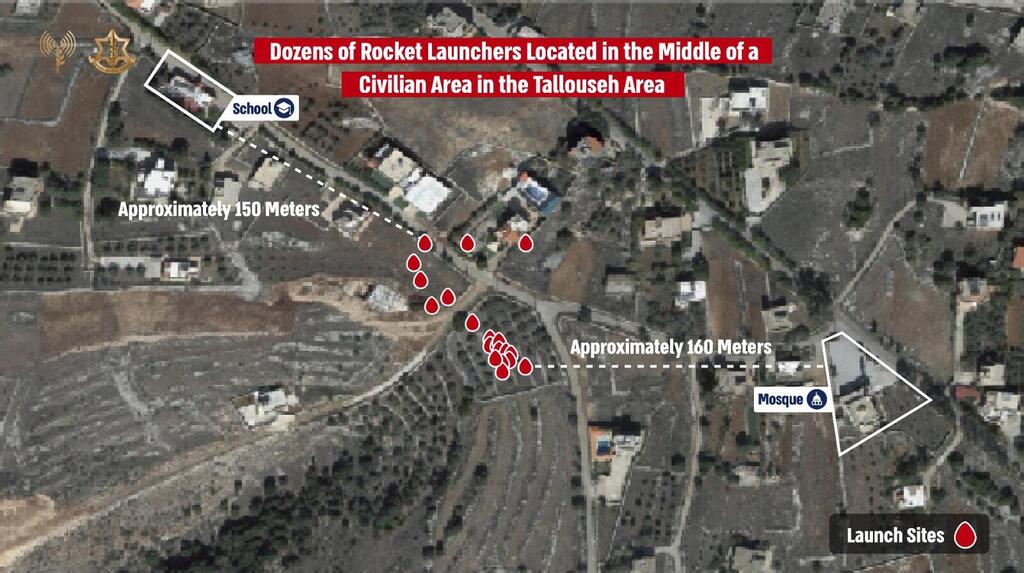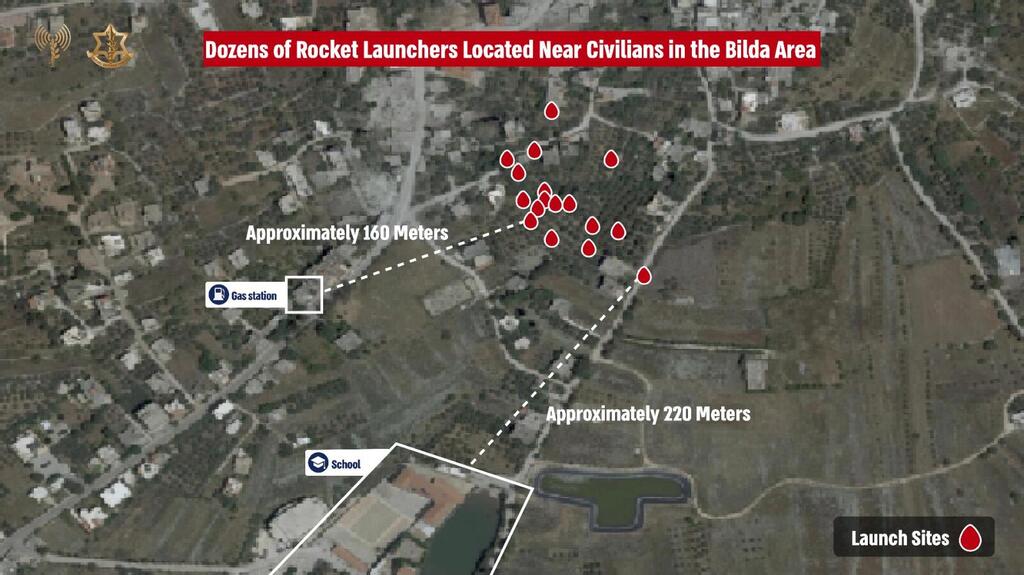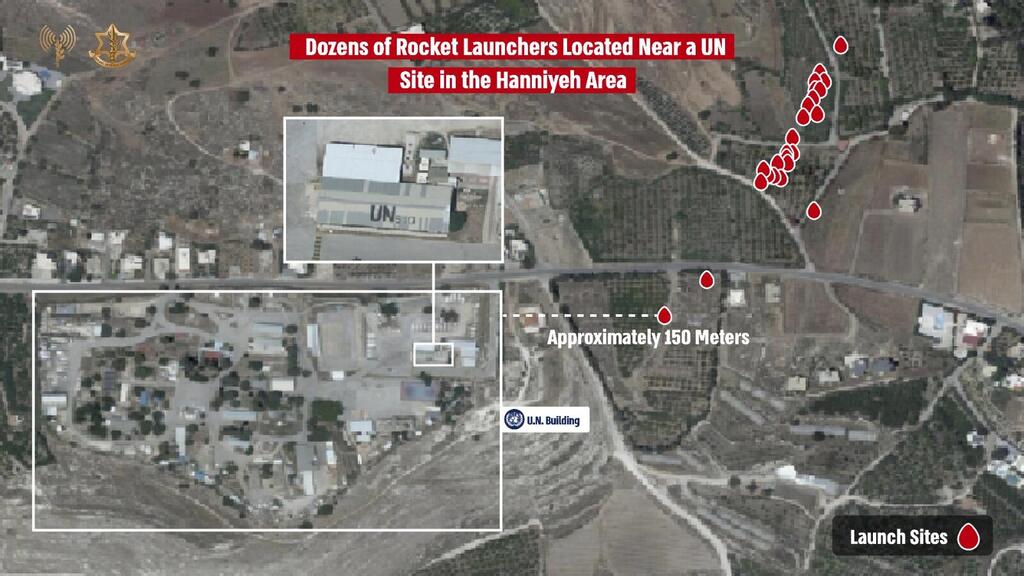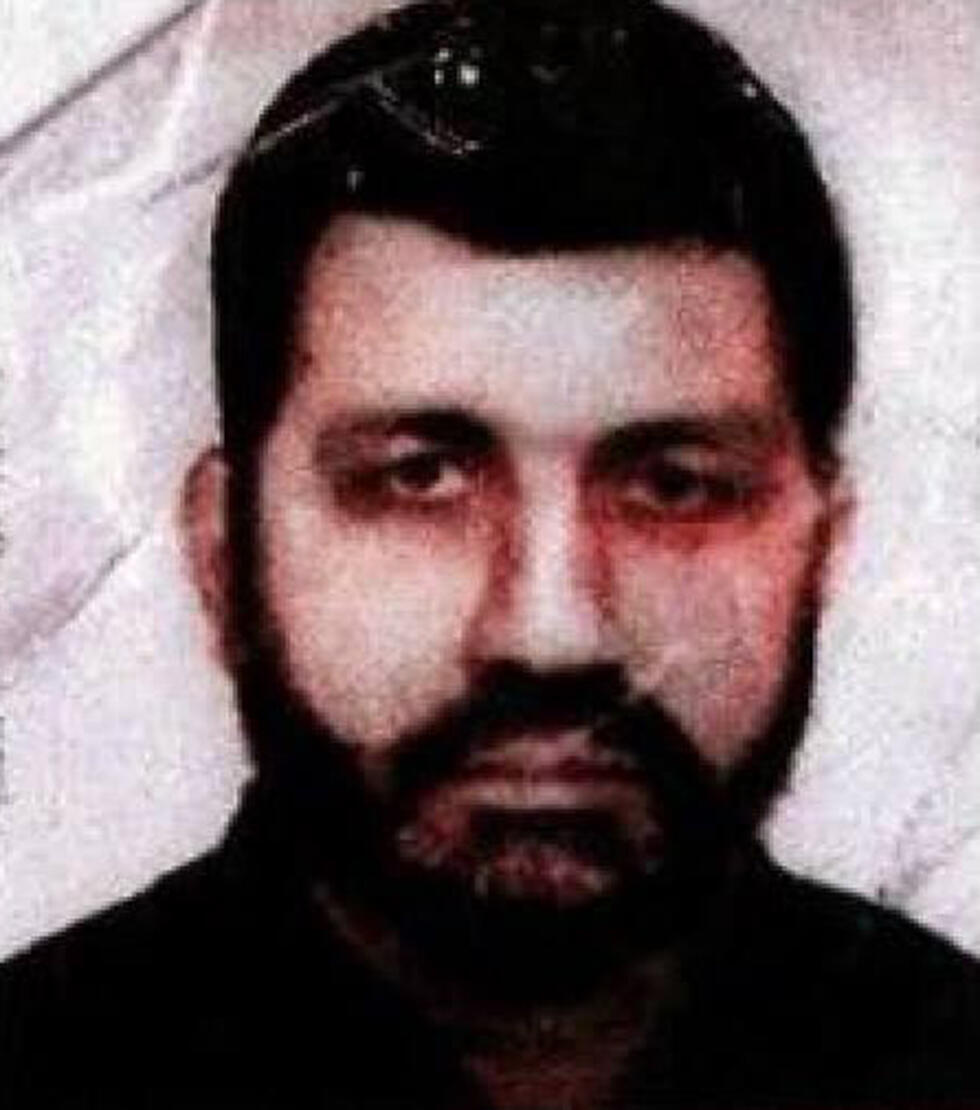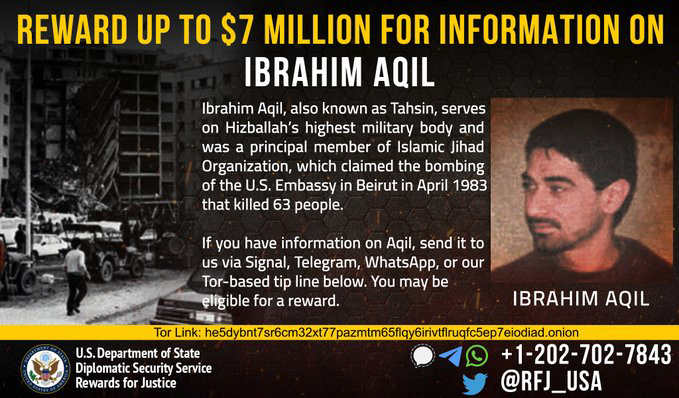Getting your Trinity Audio player ready...
After a quiet interlude of 36 hours in the north, Hezbollah on Monday night unleashed what it dubbed "swarms of UAVs" on the Western Galilee and the Hula Valley. Some were intercepted, others detonated, igniting fires in Hanita and Ayelet HaShahar. This followed a series of IDF strikes in southern Lebanon, including an attack on a vehicle in Sidon linked to a Hamas commander, who survived.
Fire at Ayelet Hashahar
(Video: Shahar Paz)
According to the IDF's Monday night statement, Hezbollah's Sunday morning offensive involved 230 rocket launches and 20 UAVs breaching Israeli airspace. Ninety percent of these launches were fired from civilian areas, nestled next to civilian sites like mosques, schools, gas stations and UN compounds.
In a Sunday address, Hezbollah's leader, Hassan Nasrallah, described the attack – largely thwarted – as the "first major operation" since Fuad Shukr, Hezbollah's military chief of staff, was eliminated nearly a month prior. This assault, Nasrallah asserted, marked the "first stage" of retaliation for the assassination of Shukr. Nasrallah proclaimed that there were no missteps, ignoring Israel's preemptive strike and falsely alleging damage to IDF bases.
In his speech, and those preceding it, Nasrallah left the question of Shukr's successor unanswered – a typical move for Hezbollah, which routinely announces operations and claims responsibility, yet rarely discusses appointments or replacements.
A report in the London-based Saudi newspaper Asharq Al-Awsat earlier this month highlighted the organization's opaque appointment process. Ali Al-Amin, a political activist opposing Hezbollah, remarked that Hezbollah's military apparatus is tightly linked to Iran's Revolutionary Guards, making Shukr's replacement their decision. Al-Amin suggested that Shukr's successor must be active, present and robust within Hezbollah's military framework, with a history of jihad.
The article also noted the challenge in replacing Shukr, a founding member of the terrorist organization. Here are the senior Hezbollah figures seen as potential candidates for the role:
Talal Hamieh
Hailing from the Baalbek region in Lebanon, Talal Hamieh leads Unit 910, orchestrating "external operations" through various Hezbollah cells worldwide. This unit is responsible for planning, coordinating and executing attacks beyond Lebanon's borders. Well-connected within the organization, Hamieh has a storied history and familiarity with its leadership. He served as deputy to Hezbollah's Chief of Staff Imad Mughniyeh until Mughniyeh's assassination and is considered a veteran commander within Hezbollah’s military wing. His name has been linked to the 1994 bombing of the Jewish community center in Buenos Aires. In 2012, the United States designated him a wanted terrorist, offering a $7 million reward for information leading to his capture.
Ali Karaki
In September 2019, the U.S. imposed sanctions on several Lebanese affiliated with Hezbollah, including the late Fuad Shukr, Ibrahim Aqil, Mohammed abu-Haider, and Ali Karaki. Cited by the Hezbollah-aligned Lebanese newspaper Al-Akhbar, Karaki was described as a commander in the "Jihad Council"– Hezbollah's military and security wing – responsible for military operations in southern Lebanon. According to the Alma Research Center for Northern Security Challenges, Karaki oversees three Hezbollah units operating in southern Lebanon – Nasr, Badr and Aziz. Sky News Arabia reported in February that Karaki was targeted in an IDF strike but survived, an unverified claim.
Ibrahim Aqil
Described in the same Al-Akhbar publication as a senior member of Hezbollah's Jihad Council responsible for the organization's military operations, Ibrahim Aqil was designated a "terrorist" by the U.S. in 2015. His name is linked to numerous worldwide attacks and military activities in Syria. Last year, marking 40 years since the American embassy bombing in Beirut, the White House announced a $7 million reward for information on Aqil, one of the masterminds behind the 1983 attack that killed 63 people. Aqil also commanded the attack on the U.S. Marine Corps base that October, which claimed 241 military personnel's lives. Additionally, Aqil led operations to kidnap American and German hostages in Lebanon and has been mentioned several times as a potential successor to Hezbollah's chief of staff long before Shukr's assassination. He has survived several assassination attempts, including one in February 2000 when Apache helicopters fired missiles at his car, causing only minor injuries.
Other potential candidates
Mohammed abu-Haider, a former Hezbollah member of the Lebanese parliament, managed the organization's networks outside the country, essentially overseeing Hezbollah fighters in Syria. In 2019, it was alleged in Lebanon that Israel attempted to assassinate him in Dahiya. Another senior figure who might assume the role is Khuder Yusuf Nader, commander of Unit 900, which serves as the organization's "secret police."






